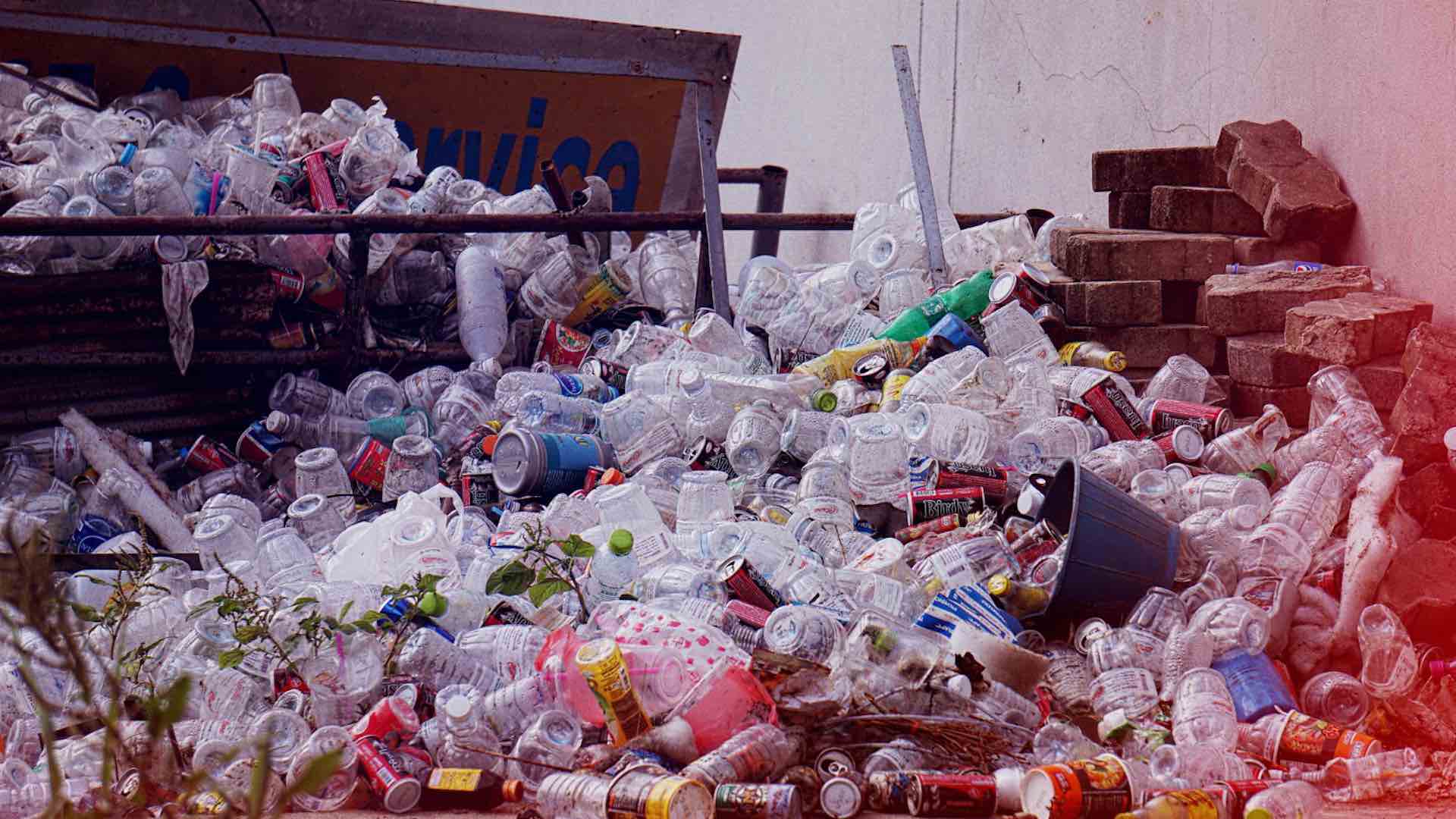The European Union has achieved a provisional breakthrough on a groundbreaking legislation aimed at curbing packaging waste and phasing out single-use plastics, including items like supermarket fruit bags and mini hotel shampoo bottles, with certain exemptions in place. The European Commission, in a move to address a surge of over 20% in packaging waste within the EU over the past decade fueled by trends like online shopping and quick consumption habits, proposed a comprehensive overhaul of packaging waste regulations back in 2022.

According to a report by Reuters, each European citizen is responsible for generating nearly 190 kilograms (419 pounds) of packaging waste annually, underscoring the urgency of regulatory action. In marathon negotiations concluded late on Monday, representatives from the European Parliament and Belgium, the current holder of the EU’s rotating presidency, hammered out key provisions for reduction targets. These include aiming for a 5% reduction in packaging waste by 2030 and a more ambitious 15% reduction by 2040, alongside a mandate that all packaging must be recyclable by 2030.
The agreed-upon legislation entails a ban on a range of single-use plastic items, such as disposable plates, cups, and containers commonly used in fast-food establishments, as well as shrink-wrap for luggage at airports and lightweight shopping bags often found in grocery stores. Moreover, the law will prohibit the use of “forever chemicals” known as per- and polyfluorinated alkyl substances (PFASs) in food contact packaging, addressing concerns over their harmful environmental and health impacts.
In a bid to encourage reusability, negotiators have outlined specific reuse targets, including a 10% benchmark for take-away packaging and beverage containers, excluding those intended for wine or milk. Notably, cardboard packaging, a point of contention particularly for countries like Finland, will be exempted from certain provisions. Additionally, the agreement mandates that packaging must not exceed 50% empty space, effectively putting an end to the practice of oversized packaging commonly observed in online deliveries.
The regulatory framework will exempt very small businesses from the established targets, acknowledging the unique challenges they may face in adhering to stringent packaging waste reduction measures. While negotiators have struck a deal, the legislation is subject to approval from both the European Parliament and individual EU member states, underscoring the final hurdles that lie ahead before the provisions can be enacted into law.
